Kuala Lumpur – The Malaysian Chinese Assembly Hall (MCAH) recently hosted a delegation from Gyeongju, South Korea, marking the first official visit by a South Korean delegation to the MCAH. The visit signifies the increasing recognition of the MCAH on the international stage and holds significant importance in promoting bilateral cooperation between Malaysia and South Korea.
MCAH led by President Datuk Seri Dr KK Chai, Deputy President See Foo Hoong, Vice President Dato Alex Wong Che Sing, Prof Dr Ng Po Kok, Datuk Patrick Sim Eng Peng, Youth Chief and Vice President Low Chung King, Women Chief and Vice President Hew Poh Chin, Secretary General Steven Lee Teng Sun, Assistant Secretary General Datuk Lau Hoi Keong, Treasurer Lim Lay Hooi, along with members of MCAH. Representatives from the Malaysia Indochina Chinese Chamber of Commerce and the Malaysia Shooting Association also attended the reception.
The Gyeongju delegation was led by Chairman Lee Gyeong-hae, Vice Chairman Jeong Won-ki, and Gyeongju Global Ambassador Ko Rok-jae.
The MCAH was the first organization to engage with the Gyeongju delegation upon their arrival in Malaysia. The event also saw participation from Lee Chee Seng.

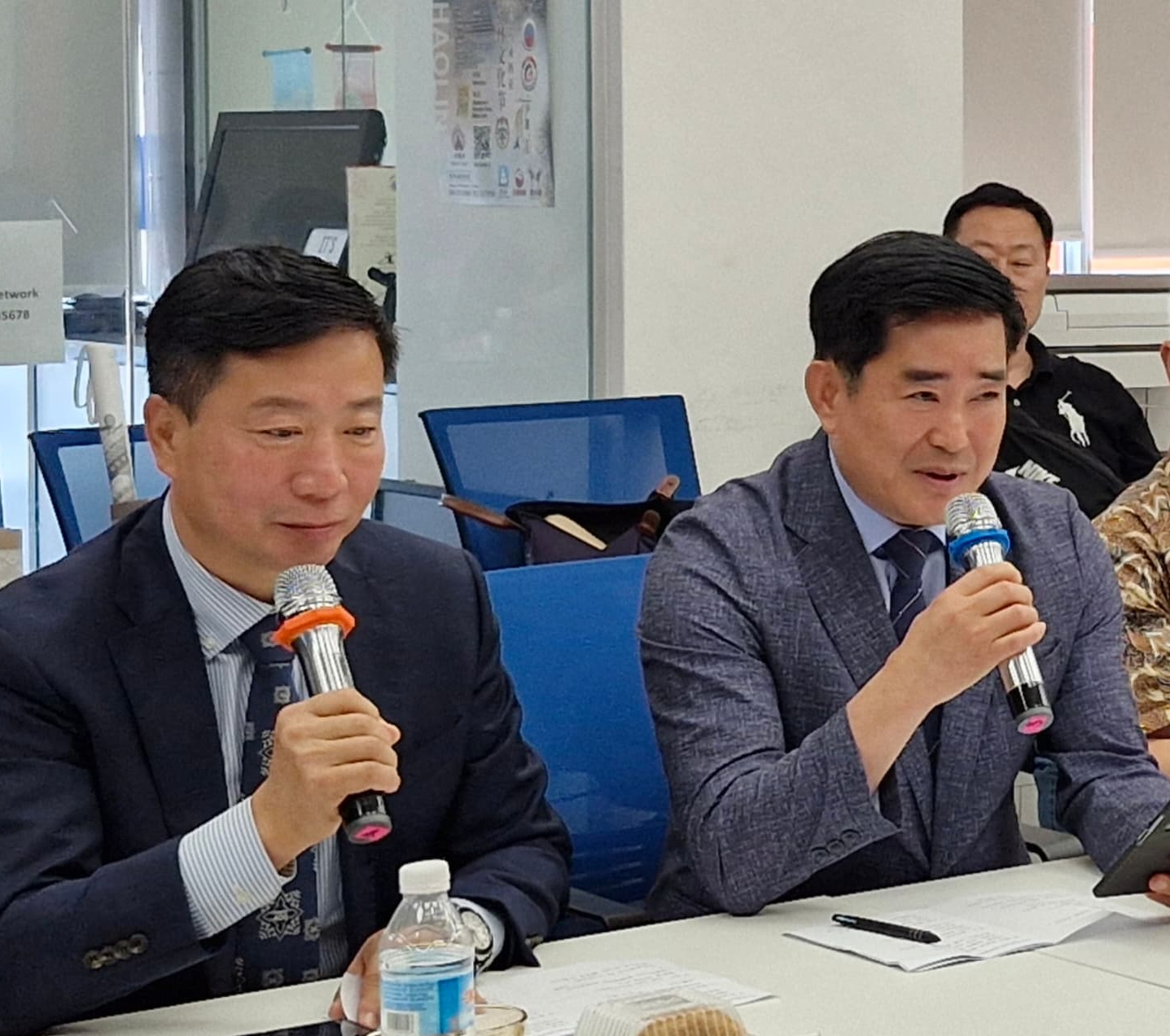
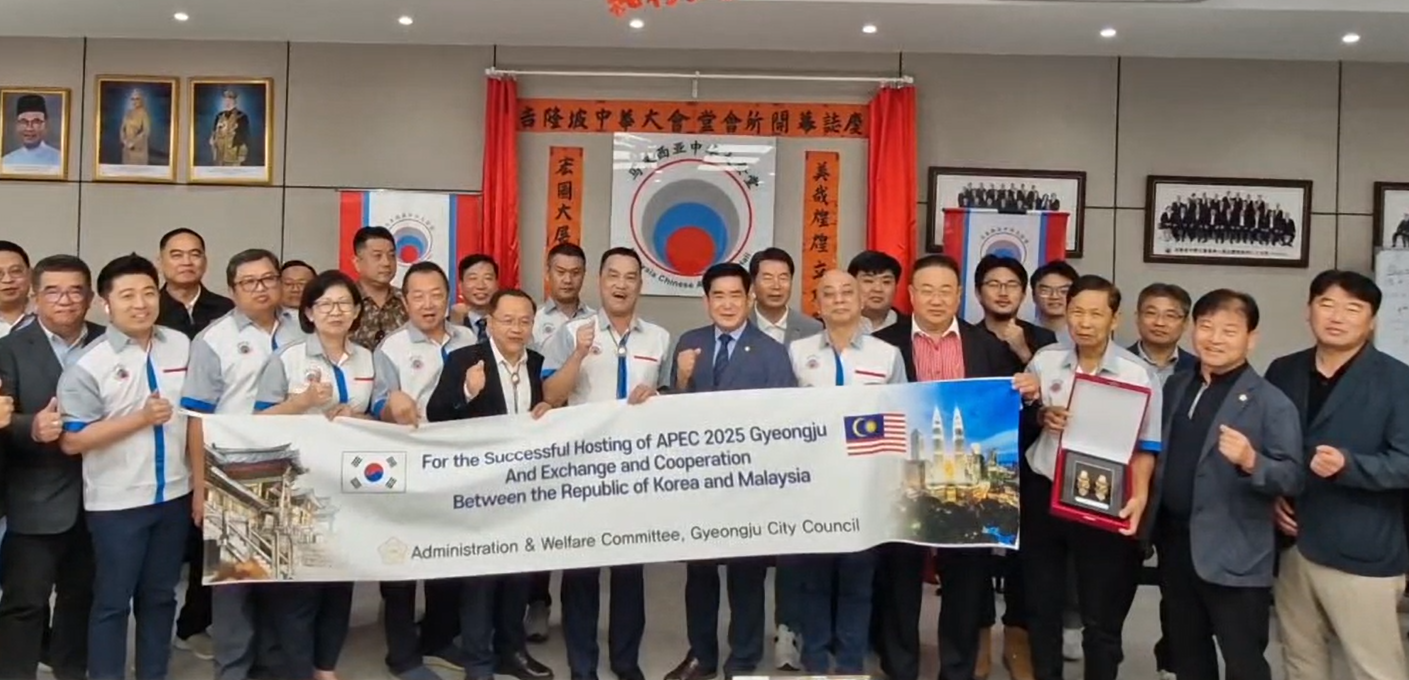
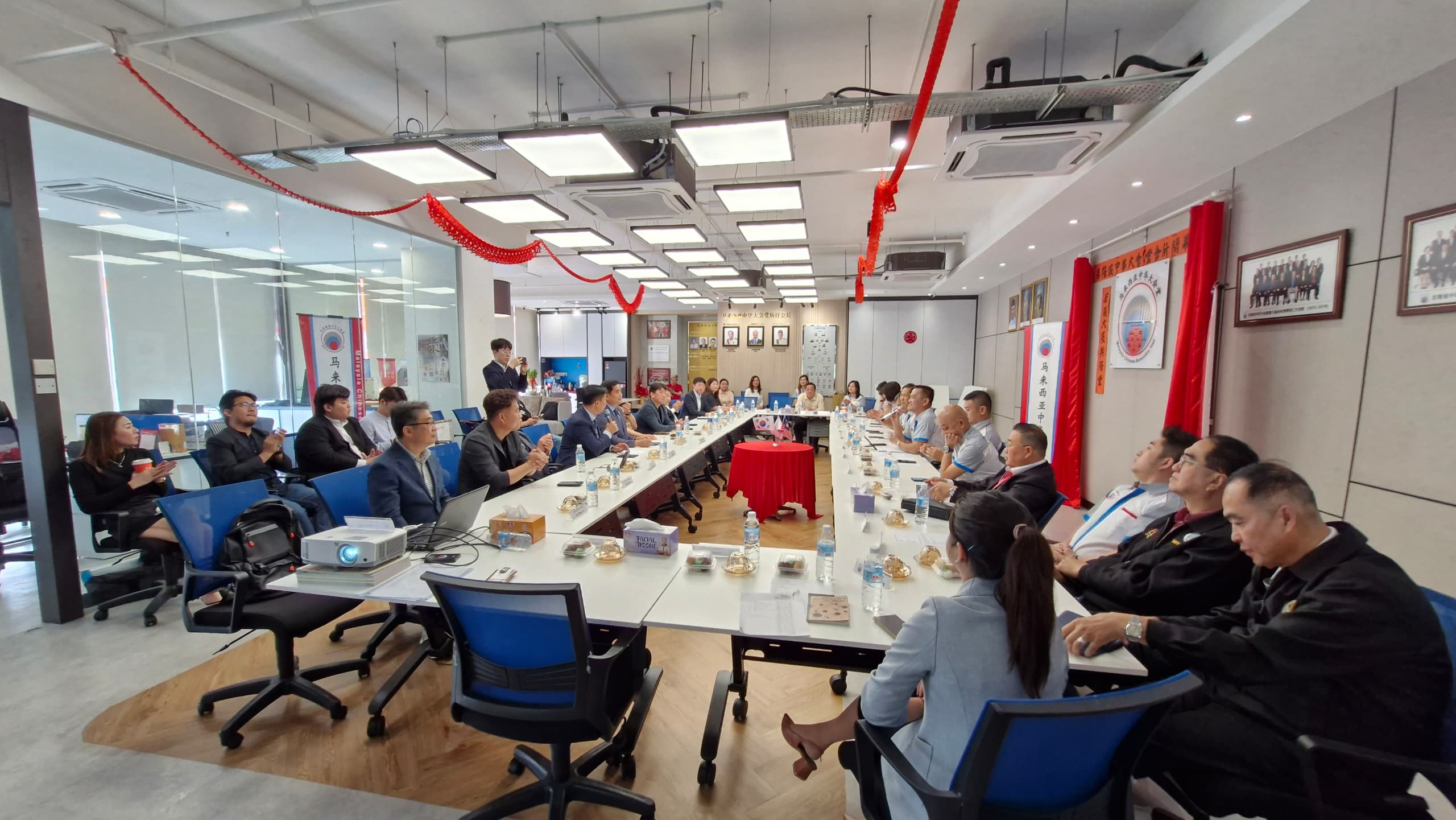
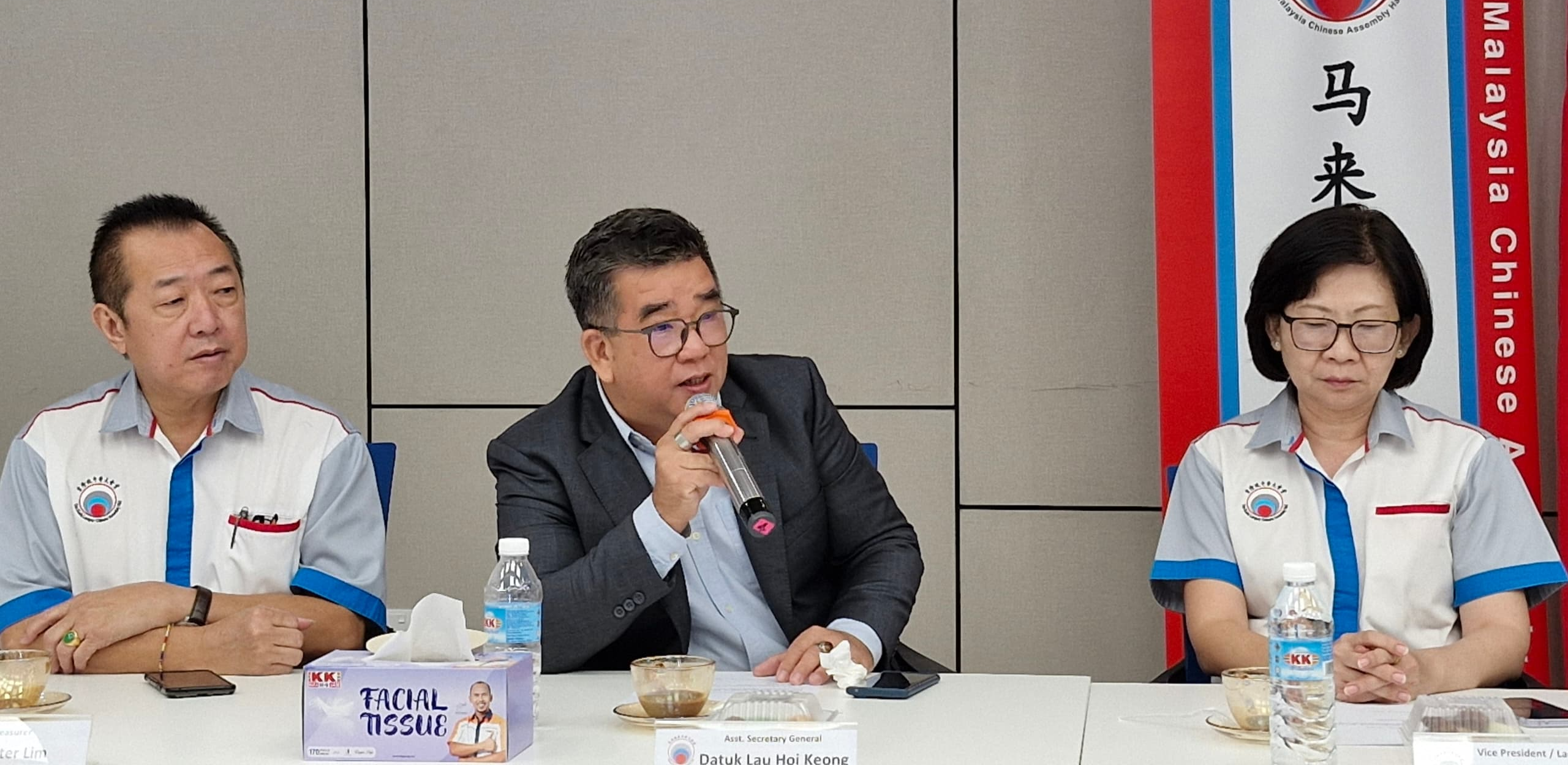
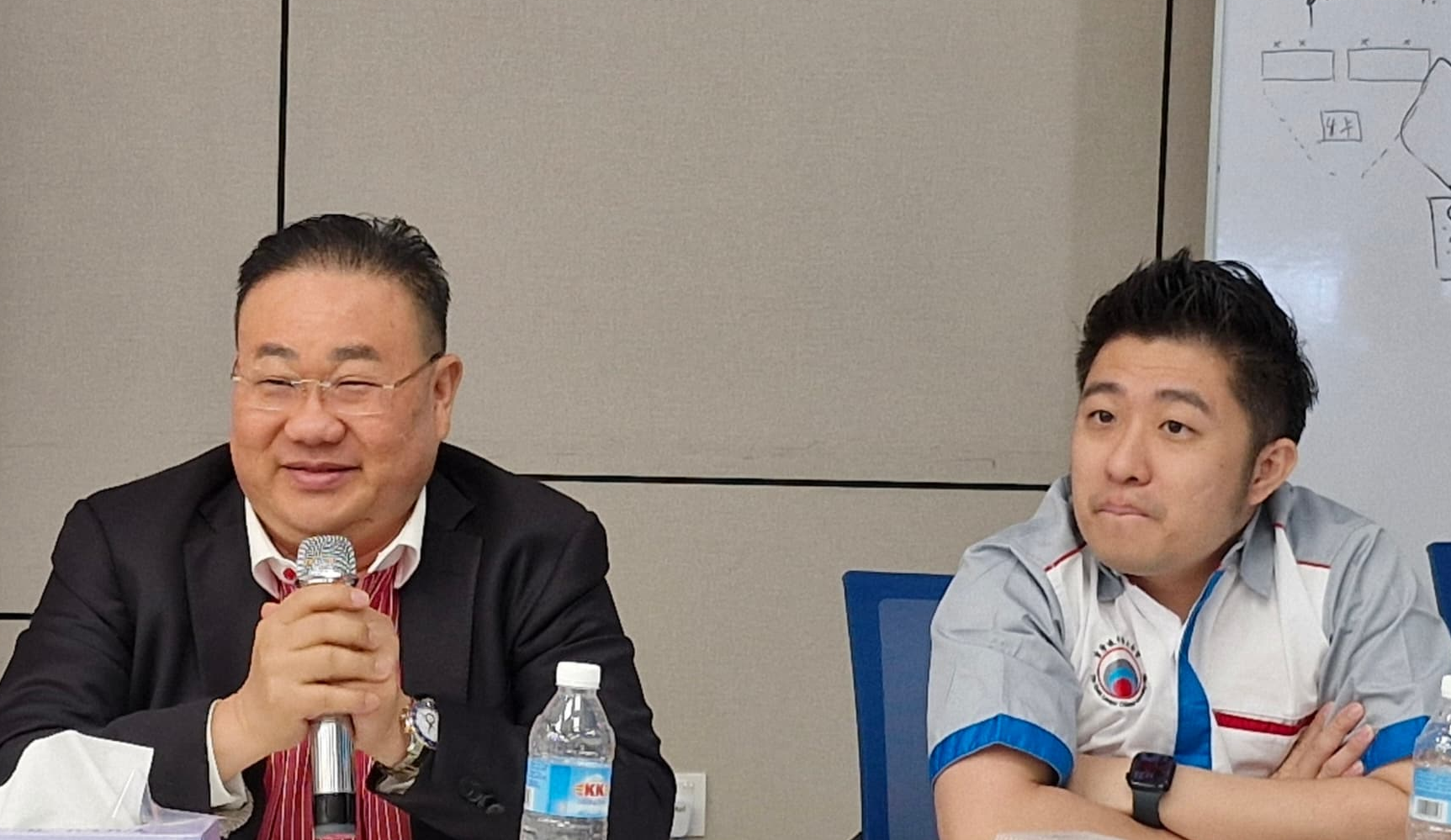
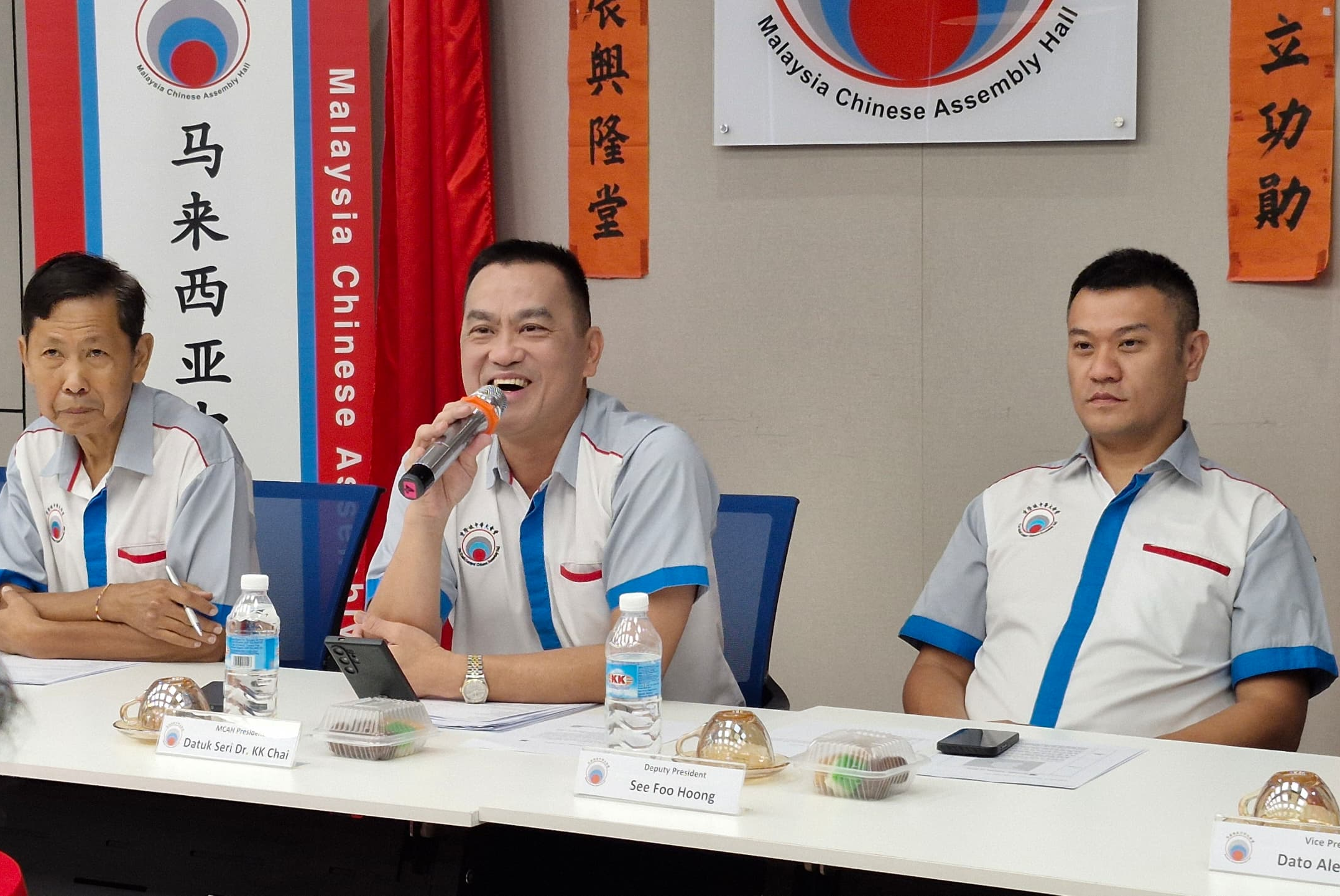
Gyeongju is a historic city located in southeastern South Korea, known for its rich cultural relics and ancient sites, earning the title of “Museum Without Walls.” Gyeongju is also set to host the 2025 Asia-Pacific Economic Cooperation (APEC) Leaders’ Informal Meeting, further boosting its international reputation and significance. The city plays an important role in South Korea’s history, culture, and economy, as well as on the global stage.
During the meeting, Datuk Seri Dr KK Chai pointed out that the relationship between Malaysia and South Korea has always been harmonious, with approximately 500,000 Korean tourists visiting Malaysia annually, indicating great potential for future cooperation and development.
Dr KK Chai also shared Malaysia’s experiences in hosting international events, , numerous smart city initiatives and sustainable urban planning, integrating digital technology to improve public services and urban life, in anticipation of Gyeongju hosting the 2025 APEC meeting.
“As Malaysia attracts tens of millions of international tourists each year, we have invested in strengthening tourism infrastructure, such as enhancing international airports, developing cultural tourism zones, and integrating ecotourism with community-based tourism. Gyeongju’s rich cultural heritage offers valuable lessons on balancing tourism development with cultural preservation. Our goal is to discuss ways to create more immersive cultural experiences for tourists.”
He further highlighted that the Malaysian government is committed to improving policies related to business regulations, environmental protection, and digital transformation, including setting a target to increase tourism’s contribution to the Gross Domestic Product (GDP) to 15% by 2030. He expressed hopes for deeper dialogues and exchanges between Malaysia and South Korea on national conditions, urban green energy, sustainable development, and tourism to benefit more members in various aspects.
In response, delegation’s Chairman Lee Gyeong-hae expressed the hope that Malaysia and South Korea will continue to develop closer ties as friendly nations through active economic, social, and cultural exchanges that benefit both countries.
